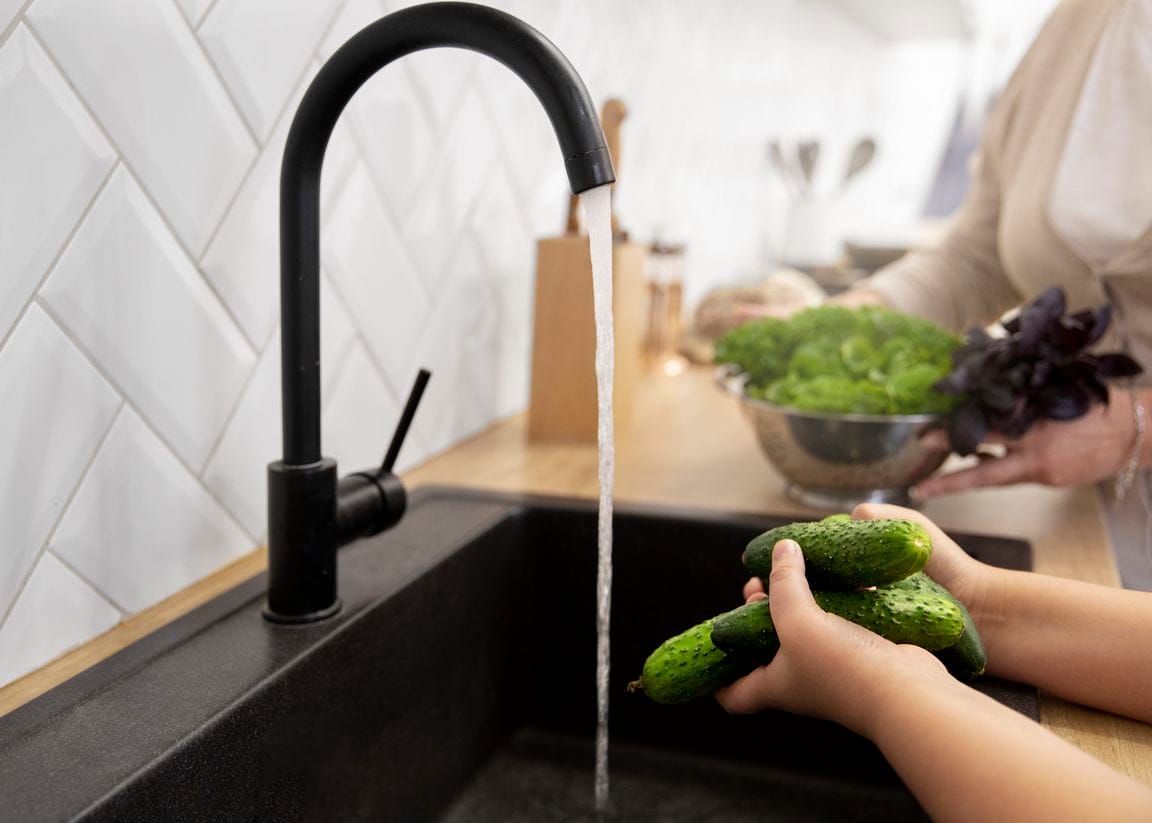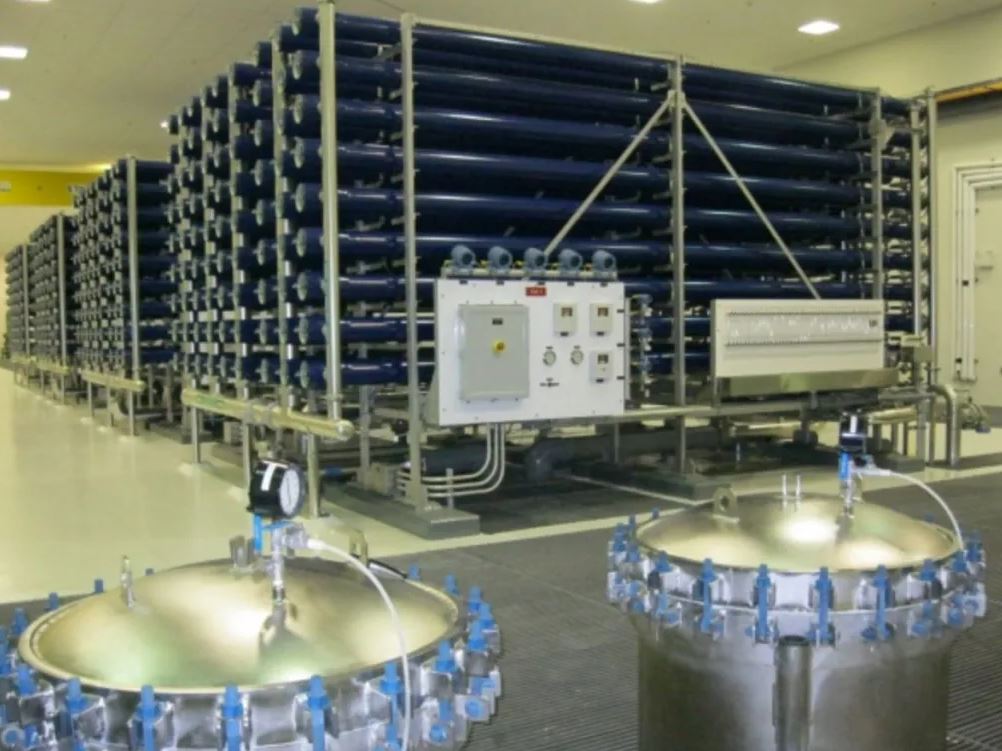Water is the cradle and source of life, and, as it was sung in one old film, “without water, neither there nor here”. And what about its purity?
Modern industrial water purification systems have solved the main problem - they have rid it of the most dangerous bacteria and dirt, which are abundant in natural water sources, however, this was not always the case.
How was water purified in ancient times?
Our ancestors had to evaluate water quality based on color and smell. It was believed that if the water is clear and does not have an unpleasant aftertaste, then it can be drunk. And only with the invention of the microscope in the XVI century people realized the connection between diseases and epidemics and water quality.
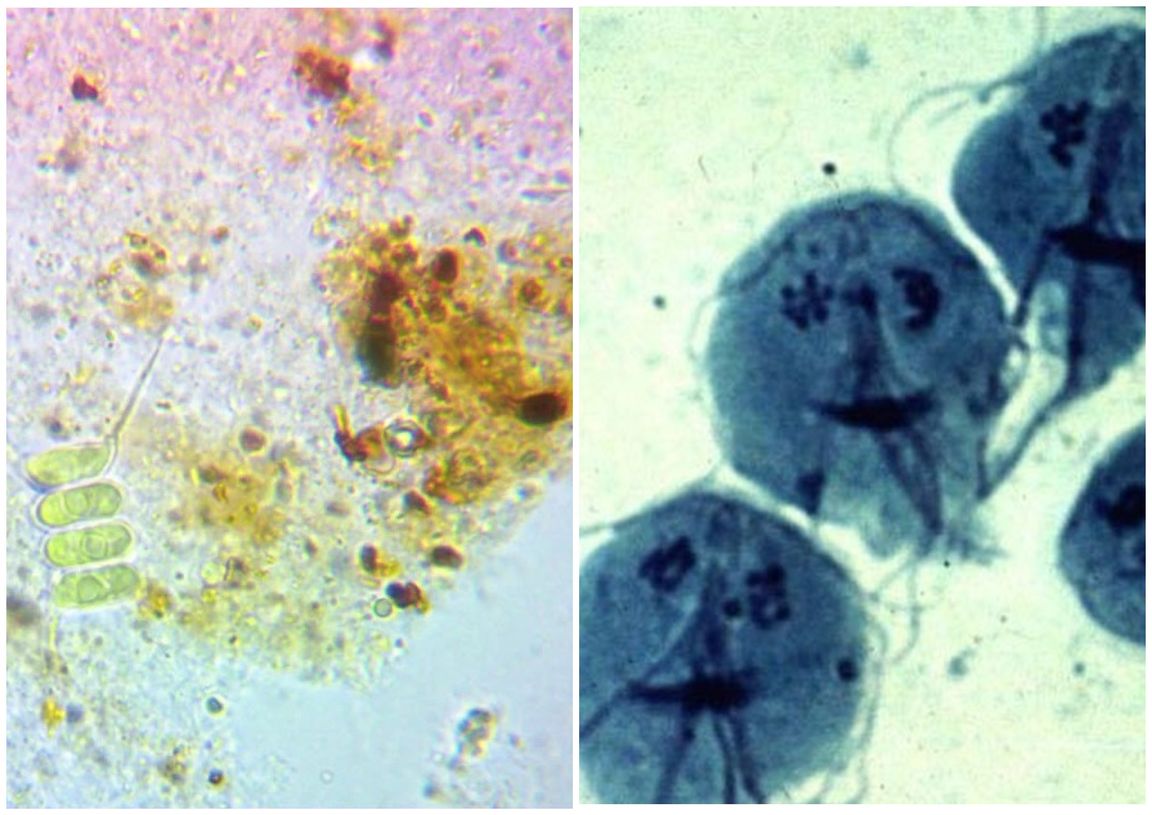
The most unpretentious way of cleaning and the most ancient is considered a hole dug next to the reservoir. In its deepening, water purified from suspension accumulated.

The fact that water must be boiled or heated in the sun is mentioned in ancient Greek and Indian sources dated 6 thousand years ago. Also, in those days, people purified water by passing through sand and coarse gravel.
In 2000 BC, the Indians used charcoal to filter water and stored it in copper vessels.
Most of all, the inhabitants of Ancient Egypt “got” because the source of water was the Nile - a river with extremely muddy waters. Water was purified from contamination by passing it from vessel to vessel along a long piece of linen or rope due to the capillary effect.
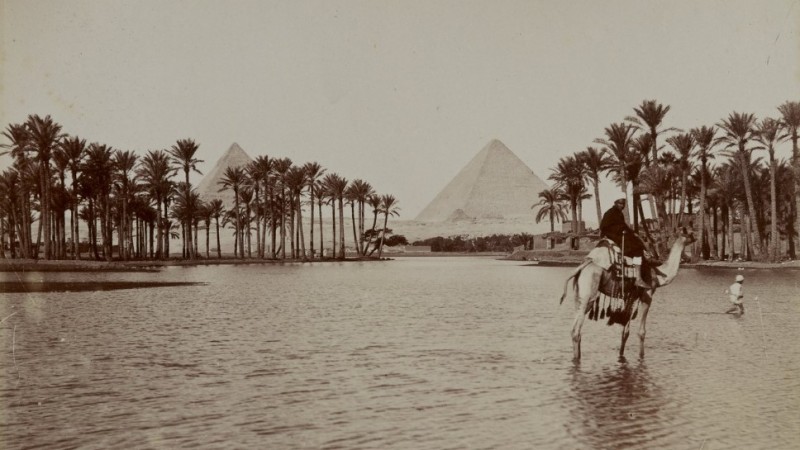
In addition, the Egyptians were among the first to use coagulants, as well as potassium, sodium and chromium alum.
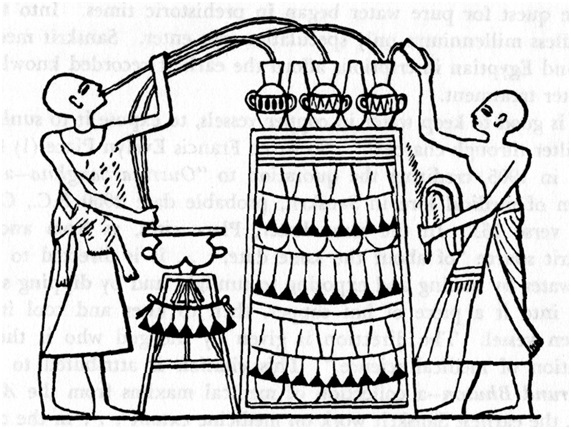
Despite the accumulated experience and knowledge, people in the Middle Ages continued to use water from nearby reservoirs, where at the same time they continued to drain waste and sewage.
When did the first water filtration plants appear?
Scotland, Paisley city. In 1804, the owner of the bleaching shop, John Gibb, installed an experimental sand filter and sold surplus purified water to his countrymen. Thus, Paisley went down in history as the first city in which was the filtration process.
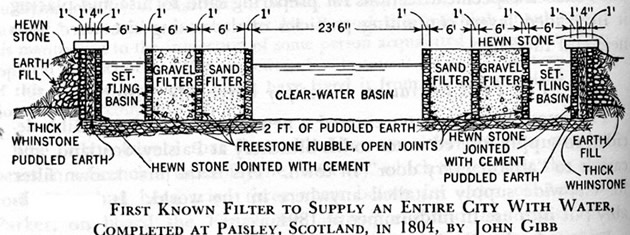
USA, Jersey City. In 1908, Boonton Reservoir began to disinfect water with a solution of sodium chloride.
Our days
The most effective method of water purification at the moment is reverse osmosis. A process in which, at a certain pressure, water passes through a semi-permeable membrane from a more concentrated to a less concentrated solution.
The process of osmosis itself was known as early as 1748, however, for the next 200 years, due to the complexity and high cost of manufacturing membranes, osmosis was only a phenomenon observed in the laboratory, until in 1959 scientists from the University of California at Los Angeles and the National Research Council of Canada has not discovered the most efficient way to produce reverse osmosis membranes. At present time, nearly all commercial reverse osmosis membranes are manufactured using this method.
In 1977, Cape Coral, Florida became the first municipality in the US to make extensive use of the reverse osmosis process, with an initial operating capacity of 11,35 million liters per day. By 1985, due to Cape Coral's rapid population growth, the city had the world's largest low-pressure reverse osmosis plant, capable of producing 56,8 million liters per day.
By 2019, around 16 000 desalination plants were operating worldwide, producing around 95 million cubic meters per day of purified water for human consumption.
Why purify tap water?
Among the unpleasant surprises that lie in wait for those who drink tap water straight from the tap, in the first place are mineral impurities that make water hard. Hard water with a large amount of such salts does not have the best effect on the body, causing deposits in the kidneys.
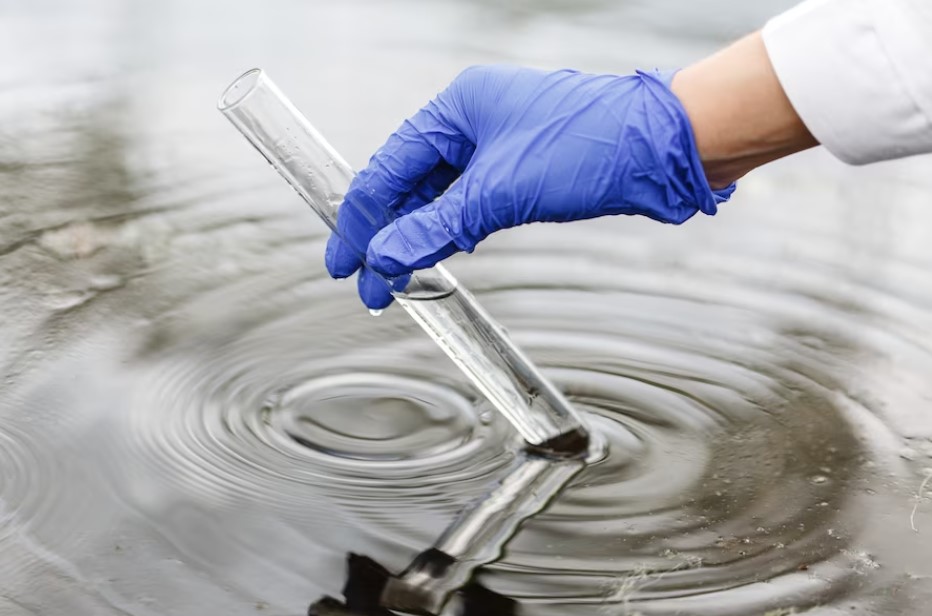
Photo: ru.freepik.com
The second factor that makes tap water not very useful is the chlorine compounds that are added to disinfect the water. When chlorine interacts with organic compounds contained in water, toxic substances are released. It is useless to fight them by settling or boiling water.
Rust gets into the tap water because metal pipes are still widely used in the laying of main water pipes. Rust can cause intestinal disorders and allergies.
Heavy metals - mercury, lead, cadmium, as well as copper get into natural water sources “due to” emissions from industrial enterprises. Along with heavy metals, pesticides that are used to control plant pests in the fields can enter natural sources through melt and rainwater.
Few people know, but the water can be contaminated with drugs, including antibiotics and hormones, which are used to prevent diseases in livestock, poultry and fish farms.
Thus, industrially purified tap water can hardly be called harmless, although it is much safer than untreated water in natural sources.
What to do?
Someone finds a way out by ordering purified water at home. The disadvantage of this method is that the water may run out at the most inopportune moment and you will have to order more and more batches constantly and quite often, especially in a large family. In addition, pumps and coolers for such water containers often fail, molds can grow in them due to constant humidity, and pouring water directly from these bottles is very inconvenient.
This is where various water filters come to the rescue. They are jug-type, flow-through, and also the most effective of all, reverse osmosis filters.
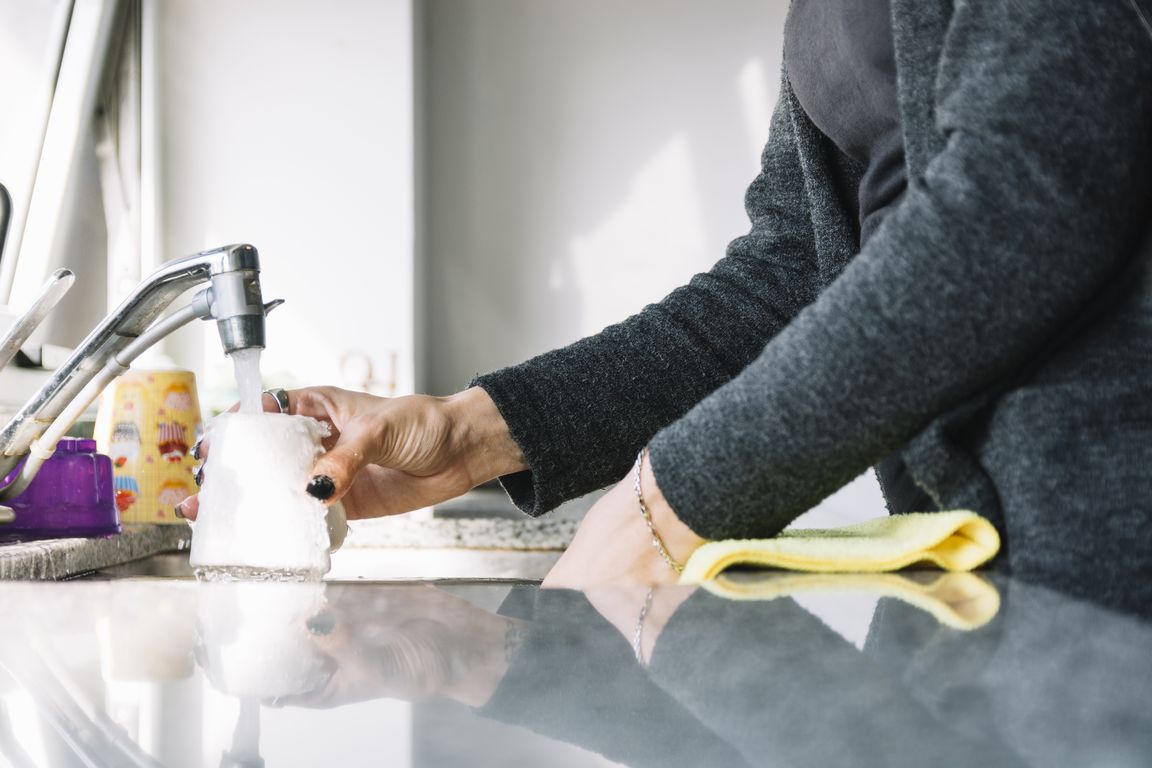
Photo: ru.freepik.com
What is Aquacom?
AquaCom offers flow-through water filters and reverse osmosis filters. The latter permit you to get at home and at work the safest water, purified from all harmful impurities. To do this, water is passed through layers of a special membrane that traps particles of dirt, rust, bacteria, viruses, chlorine compounds and other harmful substances dissolved in water.
AquaCom filters permit you to purify almost any quality of water to a safe level and can be used not only at home, but also for filtering water in a pool, in a food factory, hotel, coffee shop or restaurant.
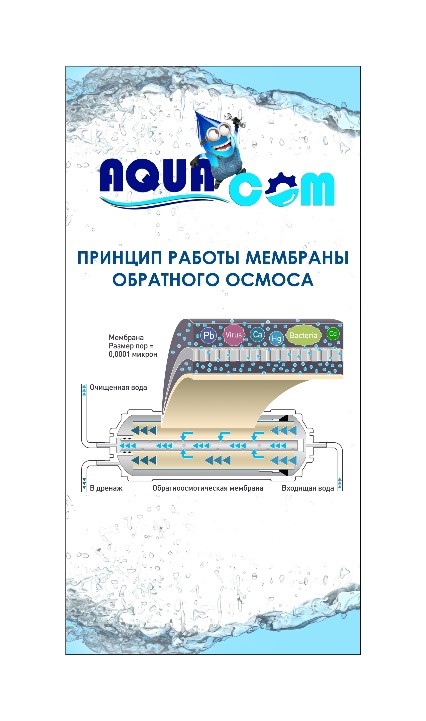
What are the benefits of applying to AquaCom?
AquaCom in Turkmenistan offers free delivery and installation of filters. Before and after the expiration of the warranty period (up to 24 months), the company provides free maintenance and replacement of filter cartridges (only the cartridges themselves are paid), as well as repair and maintenance of any water filtration systems.
Everyone who applies to AquaCom is guaranteed a free visit of a specialist and professional advice on all issues of water filtration for a home, office, food business, restaurant or pool, that is, where there is no clean water “neither there nor here”.
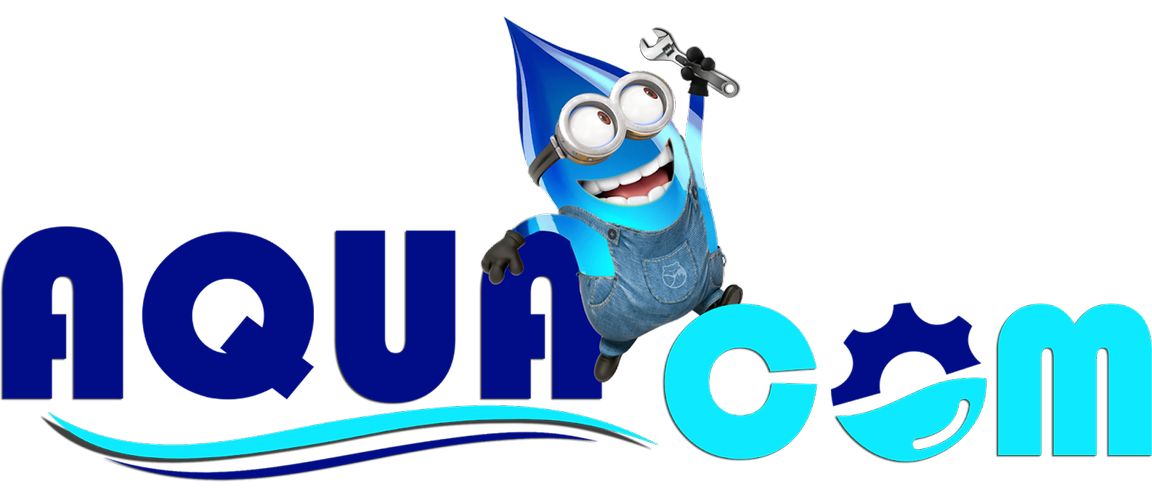
In addition, each purchaser who learns about AquaCom on the Turkmenportal website gets a pleasant bonus in the form of a PP cartridge, souvenirs and an additional three-month warranty in addition to the standard guarantees. There are other bonuses that you can receive regularly just by recommending AquaCom to friends and acquaintances.
You can contact AquaCom in Turkmenistan by phone (+993 63) 48 11 10 or email aquacom.tm@gmail.com.
Sources: aquaphor.ru; yvk.com.ua bwater.ru; wiki5.ru

